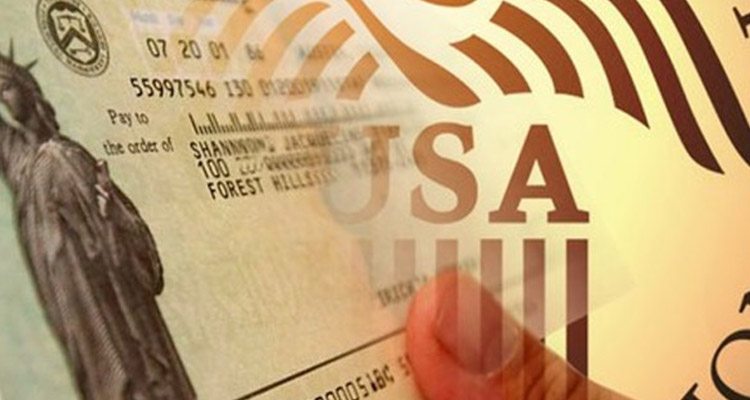Some Important Tips on Saving Money for a Better Future

We all know that we need to save money for the future. You never know what may happen. However, a lot of times, we really don’t know where or how to that that first step to start saving money. So, here are a few tips on saving money to help you get started:
1. Budget!
No. There is no way around this. Really. If you want to save, the first thing you need to know is how much you’re spending. This is your baseline. Based on how much you spend, you will know how much you have left over for savings. Additionally, by listing out your expenses, you’ll know exactly how much money you’re wasting on unnecessary spending.
The thing is, most of us think that budgeting means tracking every single penny we spend. If you have the ability to do so, go for it! But for most of us, that is exactly the reason why we end up failing at budgeting.
Forbes finance writer, Laura Shin talks about something called the 50-20-30 method for creating a budget. The premise is as follows:
- Your necessary expenses should not cross more than 50% of your take-home pay (this is the amount you get in hand after deductions have been made for taxes and your employer-based retirement contribution like a 401(k)) – these expenses should include your housing, groceries, transportation and utilities.
If you are spending more than 50% of your take-home, then you’re spending too much. Here are 101 Ways to Reduce Spending.
- The next 20% of your in-hand pay should go for those big financial commitments – paying off debts, saving for your wedding or a dream vacation, buying a house, etc. The first thing you should do is zero out your debt. If you’re not sure how to go about it, here’s an article about saving money vs. debt and how to prioritize.
- The last 30% of your in-hand pay is for you. To dine out, go to the movies, shopping, etc. The reason why most budgeting plans fail is because we leave out something essential – taking care of ourselves so that we can also unwind from the constant stress we’re under.
2. First start saving money
This is where most of us make mistakes when it comes to saving money. We save after all other expenses have been paid. Actually, the first thing you should do is put something aside in your savings. And then spend the rest of the money for your living expenses.
Once we’ve paid our bills, there’s very little money left, so we feel we need that money to other expenses we might have during the course of the month. So we end up postponing saving money.
Here’s how you can do it. Create an automatic savings plan. With this plan, money is directly transferred to your savings account, even before you can spend it.
3. Spend less than you earn
The era of easy credit has made us all lax about our finances. We earn $100 and spend $110. And as each month passes by, that $10 turns into $20, then $50 and so on. And one fine day, we’re so deep in debt that we need help to get out.
One of the best ways to ensure that we stay within our limits is by not borrowing money. Keep your credit cards active and make small purchases (that you can pay off before your due date) on them so that you can have a good to excellent credit rating. Beyond this, use cash for all other transactions. If there is a high value purchase you need to make, do it the old-fashioned way – save for it.
At the end of the day, there is no secret formula for saving money. Different methods will work for different people. What you need to do is find your personal magic formula and stick to it. Once you have that discipline going, it becomes a habit. Once it becomes a habit, you don’t even think about saving any more – you just do it. Having a cushion to keep you financially safe is very important for a stress free life.











